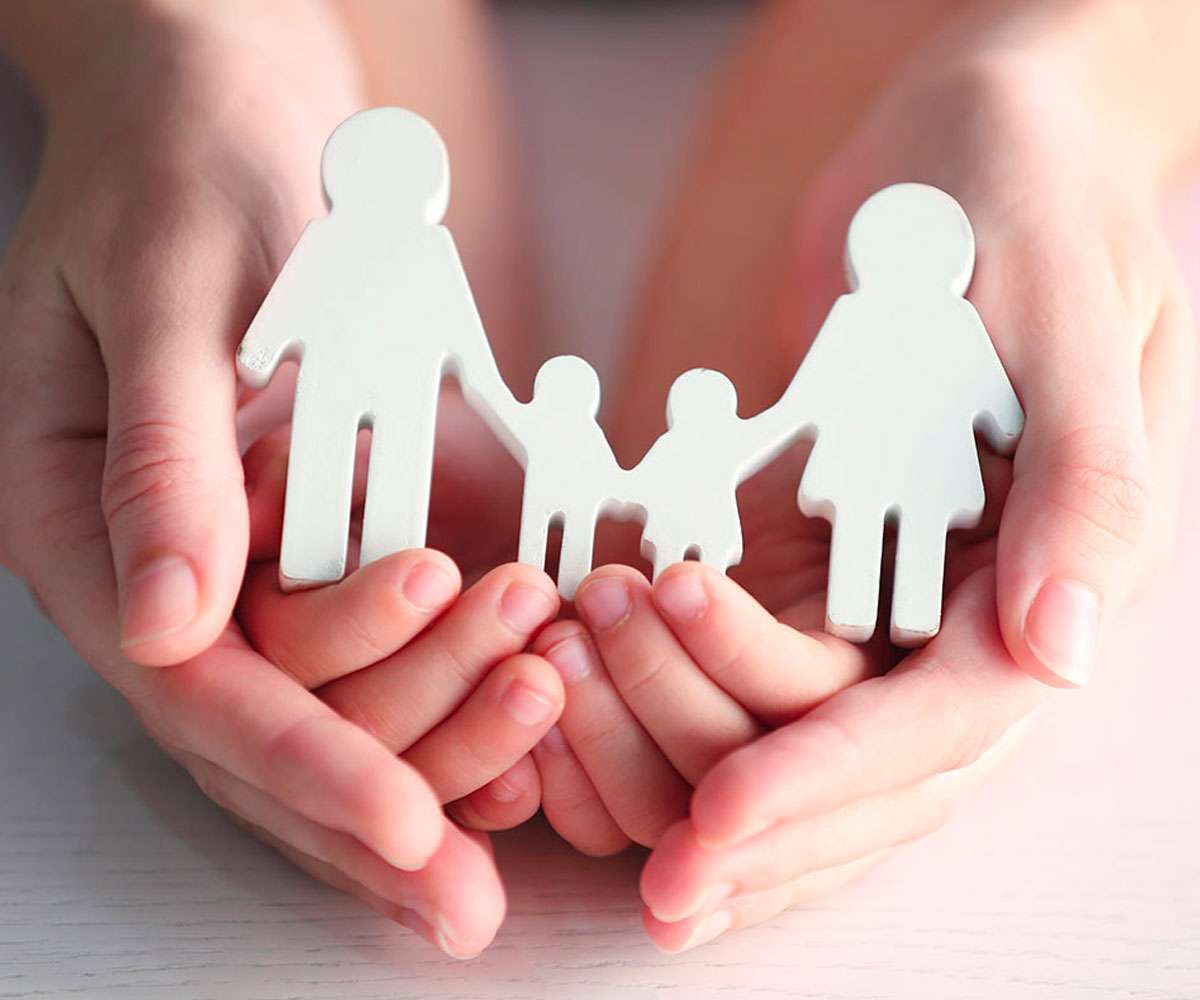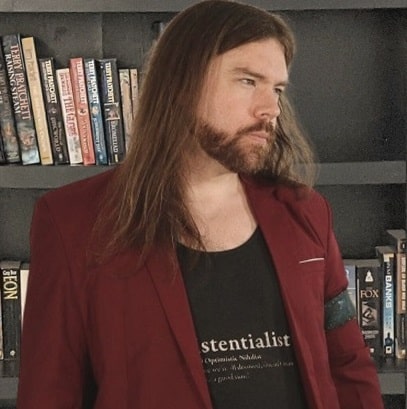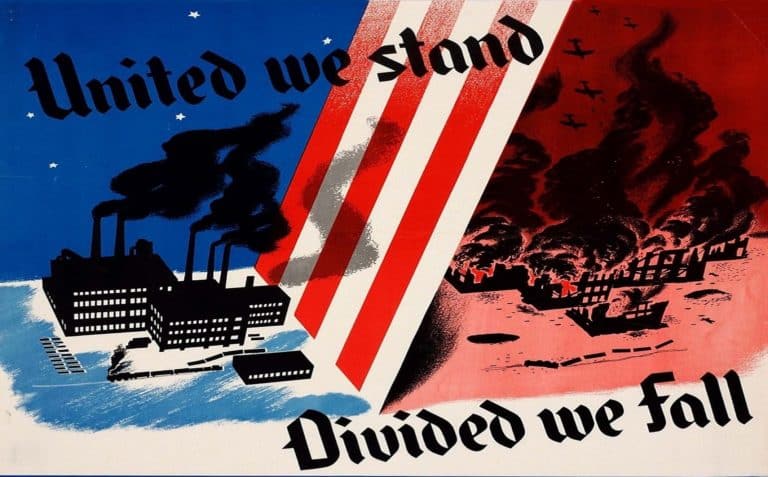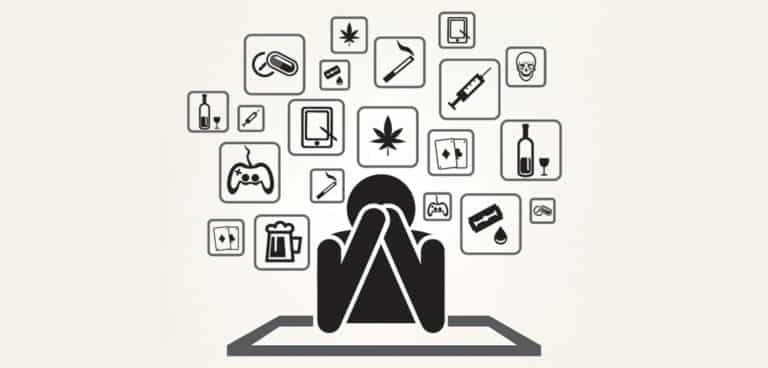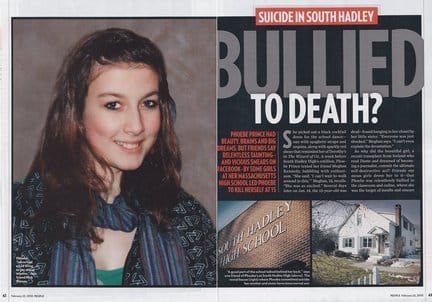The Importance of Found Families
Found families are an important thing. They say that who you surround yourself with makes or breaks you. Surround yourself with losers, you’ll acclimate to become a loser. Surround yourself with successful people, and you’ll become successful. Sure, there are exceptions to this rule: a ton of people come from incredibly desperate situations, rise above, and succeed. Most people, though, require a support system.
Expecting people to have this superhuman capability to succeed beyond their situation doesn’t play out statistically or anecdotally; the few people who are able to accomplish that are notable because we all know how hard it is.
A lot of people talk about how the family system in American culture is broken, which I agree with. It’s full of people who are disconnected, isolated, overwhelmed, who don’t have good support systems overall. The nuclear family never had a good track record; the extended family model practiced in most of Asia and which had been normal in the West until the industrial revolution provided a much better model.
Of course, there’s no going back to that, either — contraceptive technology and women’s rights make it unlikely we’ll ever see a return to traditional marriage with a provider male and a domesticated, dependent housewife except by opt-in, express choice by individuals.
The problem in many people’s lives is that they are either lacking in key family members, their family members are not competent, they’re not a good fit for their family, they’re unwanted, misunderstood or unloved, so on and so forth.
Sitcoms like Scrubs led us, at least those of us who didn’t fit into their families, that we would get found families in the workforce. That, obviously, turned out to be a nonsense fantasy — not only are coworkers not your family, they’re not your friends and corporate politics is a delicate, cutthroat game of revealing as little personal information about yourself as humanly possible while appearing, on the surface, “nice”. Not only that, working in a single job for a decade or more is a vestigial fiction of a bygone era.
I remember growing up and being very interested in art, film, music, games, engineering, mythology, philosophy — all things my parents were dismissive of, had no background in, no interest in, and no ability to relate to or assist with. They did support some of these things, sort of from the sidelines, in some cases assisting financially with lessons or equipment, but never in any sort of hands-on way. I had no one to discuss my passions with, no one whose opinion on my projects I respected or valued, no one who was ever genuinely impressed or encouraging, just people who didn’t get me “trying their best.”
My parents weren’t bad people, but they didn’t understand me, they didn’t really pay much attention to me, they didn’t believe in me and they didn’t set me up for success in a field I would be engaged in and passionate about, and now it’s up to me as an adult to act on the fact that it’s all completely up to me and I have to own the way my life turned out and control the direction of it moving forward.
They were supportive financially and in some cases emotionally, so I’m grateful for that, but factually, being a mismatch for my family in terms of interest, attitude, personality and competency, in addition to other common family struggles, was not ideal. There were also some very serious issues that I won’t get into here. I was one of those kids who wanted to get emancipated as a teen. I still, to this day, suspect that I was adopted despite DNA evidence proving otherwise.
I used to write letters to famous people asking them to become my mentors. People like Jimmy Page or Hideo Kojima. Even to this day, I have this ridiculous fantasy that Grimes could be my sister surrogate.
When I was really young, I watched a movie called Matilda over and over again, which was adapted from a Roald Dahl novel of the same name. In that movie/book Matilda develops a bond with a teacher at her school and gets adopted by her, and her family is totally cool with it. I suspect if my family would have been able to unload the burden of me, they would have been fine with it, too. Matilda was happier with a found family. I imagined that I would be, too. Actively fantasized, even. Aggressively fantasized.
Unfortunately, I never did find a mentor. I never did find a surrogate sibling. So it’s just me. Me against the world, same as it always was. When we talk about families, and what kind of family model is going to produce the best results moving forward, I think there really needs to be a focus on providing opportunities for found families and destigmatizing found families, foster care and adoption.
The problem, of course, is that child abuse is rampant in the foster care system. That would be the first issue to tackle — ensuring that children who are without guidance, support, or direction can fulfill their potential without being subjected to abuse as a price.
But the platitudes that we have — that parents love all their children, that they share a special bond, it’s just not true. Plenty of parents hate their kids, don’t get them, and aren’t the best support for them. Plenty of parents are incompetent, neglectful, or any number of other things and our current foster care system is woefully inadequate; it’s barely better than ‘no parents’, let alone able to provide perfect matchings that improve outcomes for children as adults.
My experience is that families are a random group of strangers whom you’re stuck with, whether or not they dislike you, don’t understand you, ignore you, or are just incredibly different from you, and they sort of begrudgingly provide material assistance so you don’t die since that would reflect poorly on them. I’m sure people who had a great experience with ‘families’ would extoll the virtues of families, but from what I’ve seen, it’s very common that families aren’t what they’re cracked up to be.
There’s no doubt in my mind that if I had grown up with someone like Grimes as a sister, who I could vibe with creatively and bounce ideas off of in a cooperative way, and someone like Hideo Kojima or Jimmy Page as a parent, whose success was relevant and who I respected and wanted to learn from, I would be much more actualized as an artist, and I think plenty of people are in the same boat, especially those whose parents are neglectful (like mine were), abusive (I don’t want to talk about this subject here), addicts, or otherwise damaging. Even if those parents were able to get the help they needed for their issues, I still think it would be necessary to support found families.
I think found families are a very important thing, and I wish society at large cared more about this subject.
I still have this fantasy that one day I’m going to “find” a family, but it’s too late. Have to play the hand you’re dealt.

